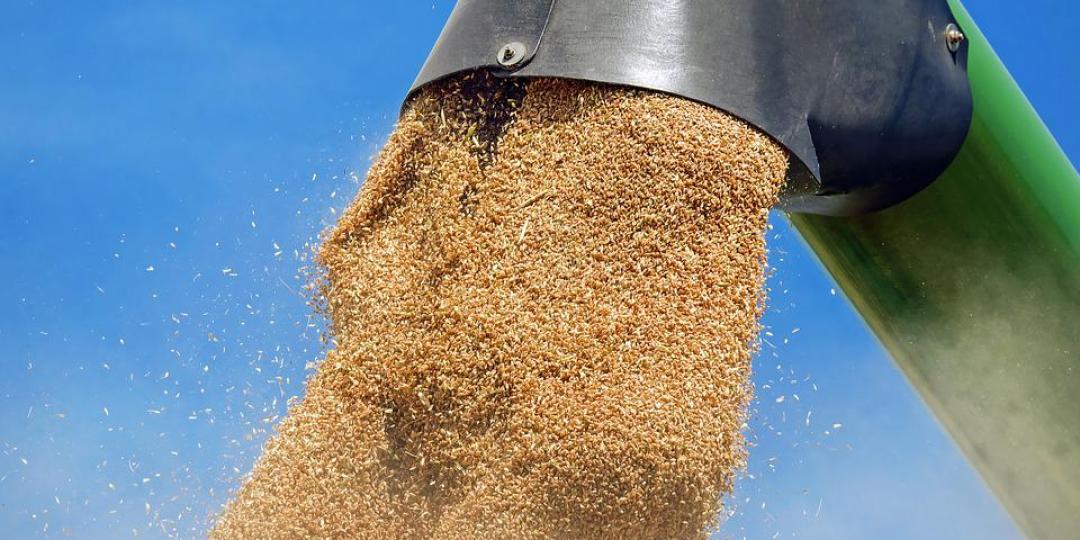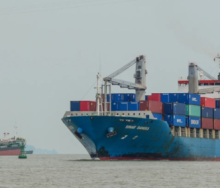With the wheat price at its highest in the past decade following Russia’s invasion of Ukraine, the grain recently took a steep decline in futures prices.
US wheat futures had dropped to their lowest point since February, reported Reuters on Monday (July 4). And front-month wheat futures on the Chicago Board of Trade in the US and on the Matif futures exchange in the EU are both down 20% since mid-May, according to Paul Hughes, chief agricultural economist with S&P Global Commodity Insights.
Supply Chain Dive reported that possible reasons for this decline could include more favourable weather in the northern hemisphere, a reduction in demand, and the US Federal Reserve’s decision to raise interest rates.
Despite the current drop in wheat futures, Kenneth Scott Zuckerberg, lead economist in grain and farm supply with CoBank, does not expect this trend to continue.
Zuckerberg notes five factors for determining the direction of the wheat price, the first of which is the movement of grain out of Russia and Ukraine. The second is the crop progress in the US, and the third is the weather. The fourth factor is how acreage is switching between different crops in the United States. And the final factor is the macro-global economic environment.
Taking these factors into consideration, Zuckerberg has determined that the wheat price will not likely remain down. Many Middle Eastern and North African countries are facing a deficit of wheat, leading Zuckerberg to believe that they will buy ‘en masse’. And although the condition of spring wheat is better this year compared to the same point in 2021, the winter wheat is in poorer shape.
Another factor leading him to believe that the prices may rise again is the ‘La Niña’ weather event currently being experienced. The event brings with it severe weather conditions that are likely to create pressure on crop production.
Lastly, in terms of acreage, wheat marked the fifth-lowest planted area for all wheat since records began in 1919. The trade consensus was that acreage for wheat would decrease due to challenging weather conditions, says Zuckerberg.













